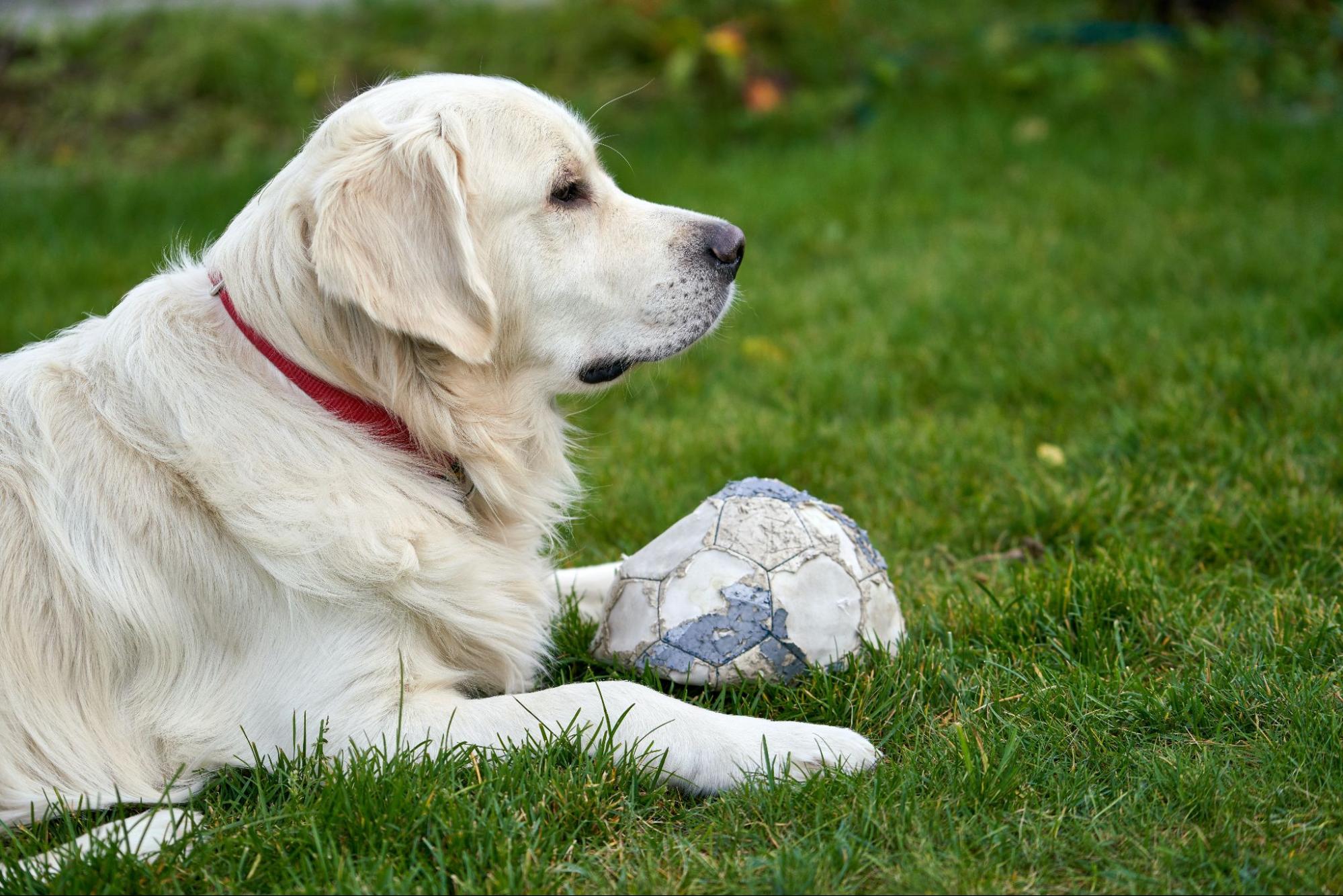How to Stop Puppy Chewing
Are you struggling with a Labrador puppy who loves to chew on everything in sight? Don’t worry, I’ve been there too. In this article, I’ll share some valuable insights on how to stop puppy chewing and recommend some good chew toys specifically designed for Labradors.
Labrador Retrievers are known for their strong jaws and high energy levels, making them prone to excessive chewing. To prevent your furry friend from turning your furniture into toothpicks, it’s important to redirect their chewing behavior towards appropriate outlets.
First and foremost, make sure your Labrador has access to a variety of safe and durable chew toys. Look for options made from sturdy materials such as rubber or nylon that can withstand the power of those sharp puppy teeth. Avoid toys with small parts that can be easily swallowed or pose a choking hazard.
To entice your pup even more, consider using interactive chew toys that dispense treats or have different textures. This not only keeps them engaged but also satisfies their natural urge to explore and gnaw. Remember to rotate the toys regularly to keep things interesting and prevent boredom.
In conclusion, by providing your Labrador puppy with suitable chew toys and redirecting their chewing behavior onto these toys, you can effectively curb their destructive tendencies. Stay patient and consistent in training while ensuring a stimulating environment for your furry companion. Together, you’ll be able to conquer puppy chewing and enjoy a harmonious life with your Lab!

Understanding the Reason behind Puppy Chewing
Common Reasons for Puppy Chewing
When it comes to understanding why puppies have a natural inclination to chew, there are several common reasons to consider. These reasons include:
- Teething: Puppies go through a teething phase, just like human babies. Chewing helps alleviate discomfort and aids in the eruption of their adult teeth.
- Exploration: Puppies use their mouths as a way to explore the world around them. They learn about textures, tastes, and objects by chewing on them.
- Boredom or Lack of Stimulation: Puppies have boundless energy and may resort to chewing when they’re bored or not mentally stimulated enough.
- Anxiety or Stress: Just like humans, dogs can experience anxiety and stress. Chewing can be a coping mechanism for them to relieve tension.
Understanding these common reasons for puppy chewing is crucial in addressing the behavior effectively.
The Dangers of Unchecked Chewing Habits
While puppy chewing is normal, unchecked chewing habits can lead to potential dangers for both your pup and your belongings. Some risks associated with excessive chewing include:
- Ingestion of Harmful Objects: If left unsupervised, puppies may chew on items that are potentially toxic or pose choking hazards.
- Dental Issues: Excessive chewing on hard surfaces or inappropriate items can cause dental problems such as fractured teeth or gum injuries.
- Damage to Household Items: Your puppy’s sharp teeth can wreak havoc on furniture, shoes, electrical cords, and other valuable possessions if left unaddressed.
It’s essential to redirect your Labrador’s chewing behavior towards appropriate outlets to prevent these risks from occurring.
Identifying the Root Cause of Your Labrador’s Chewing Behavior
To effectively address your Labrador’s chewing behavior, it is important to identify the root cause behind it. Here are a few steps you can take:
- Observe Patterns: Pay attention to when and where your puppy tends to chew the most. Is it during certain times of the day or in specific areas of your home?
- Provide Appropriate Chew Toys: Ensure that your Labrador has access to a variety of safe and durable chew toys designed specifically for puppies.
- Exercise and Mental Stimulation: Make sure your Labrador is getting enough physical exercise and mental stimulation to prevent boredom, which can contribute to excessive chewing.
- Consult with a Professional: If you’re struggling to identify the root cause or if the chewing behavior persists despite your efforts, consider seeking guidance from a professional dog trainer or behaviorist.
By understanding the reasons behind puppy chewing, recognizing potential dangers, and identifying the root cause for your Labrador’s behavior, you’ll be better equipped to address this common issue effectively. Remember, patience and consistent training play key roles in helping your furry friend develop appropriate chewing habits.